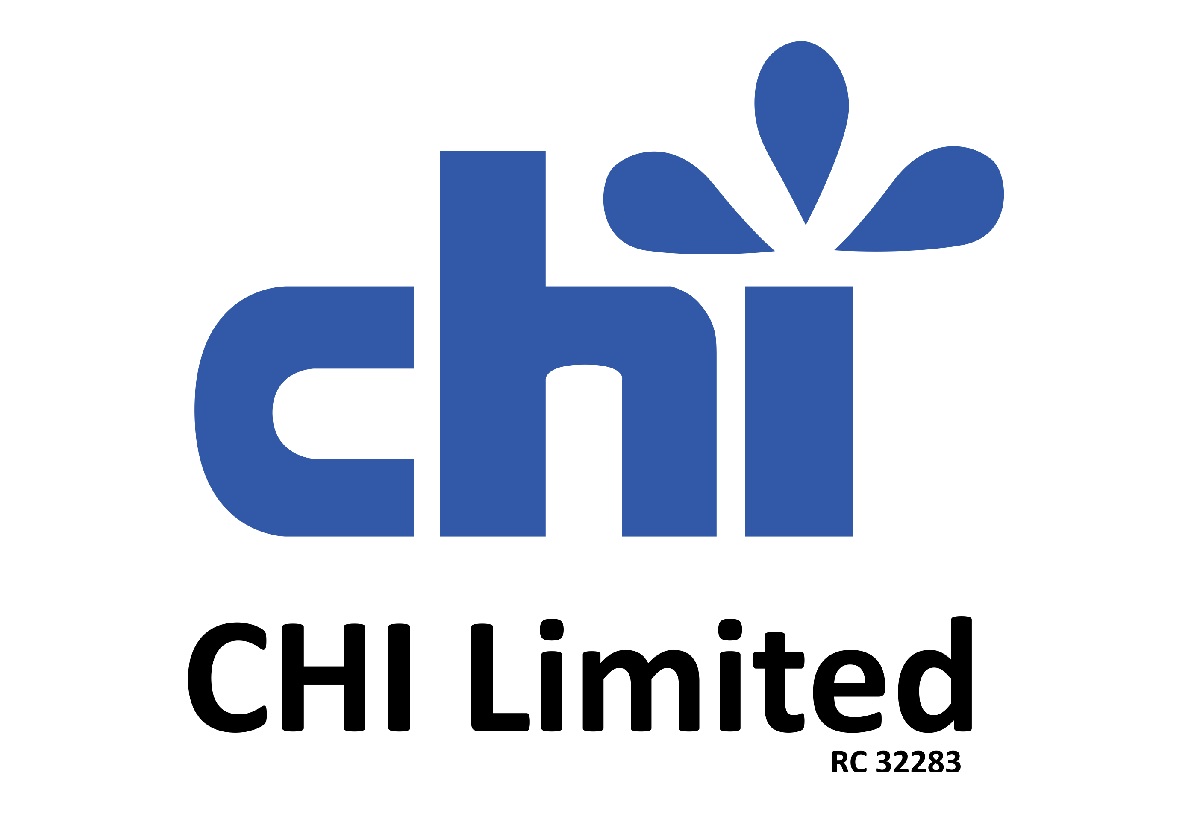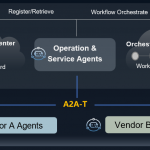Jobs/Appointments
Basic Employee Benefits You Need Be Aware Of

Employee benefits constitute additional perks that employees get on top of their salaries from their employers. Benefits are valuable to both the employer and the employee. As an employer, you can attract and retain great employees if you offer them good packages.
On the other hand, benefits are valuable to employees since they offer relief in the time of need. There are different types of benefits, the perks you get depend on your company and the position that you hold. Read on to learn the basic employee benefits you need to be aware of.
Life Insurance
Life is unpredictable, and you can pass away at any time leaving behind some dependents. Life insurance offers protection to your family when you die, and they get the benefits as a lump sum when you die. You can privately acquire life insurance, but this option is expensive since these policies are offered through employers in most cases.
Medical Insurance
Medical insurance is probably the most important benefit that you should know of and must have. Health care is costly, and few people can afford it out-of-pocket without insurance. You can consider getting individual or group insurance as a matter of personal preference. There are various types of group insurance available in the healthcare marketplace, and these are designed to suit the needs of different people. These insurance plans cover surgeon and physician fees, prescription drugs, and hospital rooms. Coverage can also include your family depending on the type of policy that you hold.
The industry usually determines health insurance policies, and employers may pay the entire premium for their employees. In some instances, the employer just pays a part, and the employees top up the difference. Living without medical insurance is a great risk since anything can happen. Most employers offer group policies that cater to the universal needs of the majority of people in the company.
Disability Benefits
Workplace injuries are common, and they can incapacitate you for a specific period or you may suffer permanent disabilities. When you are not able to perform your job, you will lose some income and this can affect your welfare and that of your family. When you are eligible to get this benefit, it protects you when you are incapacitated. This type of benefit includes short term disability insurance that covers a few weeks following your accident. It usually lasts a short period when you are expected to recover fully and return to work. On the other hand, you could be entitled to a long term disability when the injury is permanent. In such a scenario, you may get disability benefits until your retirement age.
Retirement Benefits
As we age, there shall come a time when we leave employment and retire. Therefore, retirement benefits aim to help different people with a pension or income that can sustain their lives and families when they leave their careers. There are two types of retirement plans that include defined benefit plans and defined contribution plans. Defined benefit plans are also called pension plans, and the benefit amount is usually predetermined by your years of service and your salary. In the case of a defined contribution plan, the employee or employer makes specified contributions, but the benefit amount is attached to investment returns, and these are not guaranteed. A good example is a 401k plan.
Paid Leave
Paid leave or time off is another benefit that you should know since it gives you relief and a short break from work. The common types of paid off time include vacation leave, sick leave, and vacation leave. Some companies combine these so that the employees can use them as consolidated perks during the time of need.
Fringe Benefits
Fringe benefits as the name suggests are often viewed as minor non-cash perks, but they play a pivotal role in attracting and retaining talented workers. They include non-production bonuses, child-care, tuition assistance if you want to take part-time classes.

However, most firms require that employees take courses related to their current job responsibilities as part of career advancement. In most cases, full-time employees are eligible to get fringe benefits, and their job posts also determine the perks they can get.
Many companies offer a variety of benefits as part of service packages that are designed to protect the interests of the employees. An organization that offers lucrative benefits stands better chances of retaining talented employees. Some of the basic employee benefits include health insurance, life policy, retirement plan, paid leave, and disability benefit. Different factors determine your perks like a position in the company and industry.
Jobs/Appointments
Court Sanctions CHI Limited for Wrongful Employment Termination

By Modupe Gbadeyanka
The termination of the employment of one Mr Bodunrin Akinsuroju by CHI Limited has been declared as unlawful by the National Industrial Court of Nigeria.
Delivering judgment on the matter, Justice Sanda Yelwa of the Lagos Judicial Division of the court held that the sacking of Mr Akinsuroju did not comply strictly with the provisions of the contract of employment and the Employee Handbook.
Consequently, the company was directed to pay him the sum of N2 million as general damages for wrongful termination and N200,000 as costs of action, while Mr Akinsuroju was ordered to return the company’s properties in his possession or pay their assessed market value.
Justice Yelwa found that the contract agreement between both parties clearly required either party to give 30 days’ notice or payment in lieu of notice after confirmation of appointment, and there was no evidence that the employee was given the required notice or paid salary in lieu of notice.
The judge held that failure to comply with this fundamental term amounted to a breach of the contract of employment, thereby rendering the termination wrongful.
Mr Akinsuroju had claimed that the allegation of misconduct against him was unfounded and not established, maintaining that the disciplinary committee proceedings were prejudicial and that the termination of his employment was without justifiable cause and without compliance with the agreed terms of his employment.
In defence, CHI Limited contended that it had the right to terminate the employment of Mr Akinsuroju and that the termination was lawful and in accordance with the contract of employment and the Code of Conduct.
In opposition, counsel to Mr Akinsuroju submitted that the alleged breaches were not proved and that the termination letter took immediate effect without the requisite 30 days’ notice or payment in lieu of notice as stipulated in the letter of appointment and the Employee Handbook, urging the court to hold that the termination was wrongful and to grant the reliefs sought.
Jobs/Appointments
Tinubu Appoints Tunji Disu as Acting Inspector General of Police

By Modupe Gbadeyanka
President Bola Tinubu on Tuesday appointed Mr Tunji Disu as the acting Inspector General of Police (IGP), following the resignation of Mr Kayode Egbetokun.
Mr Disu, an Assistant Inspector General of Police (AIG), was recently moved to the Force Criminal Investigation Department (FCID) Annex, Alagbon, Lagos.
A statement today by the Special Adviser to the President on Information and Strategy, Mr Bayo Onanuga, disclosed that the President would convene a meeting of the Nigeria Police Council shortly to formally consider the appointment of Mr Disu as substantive IGP, after which his name will be transmitted to the Senate for confirmation.
Mr Tinubu expressed confidence that Mr Disu’s experience, operational depth, and demonstrated leadership capacity would provide steady and focused direction for the Nigeria Police Force during this critical period.
He reiterated his administration’s unwavering commitment to enhancing national security, strengthening institutional capacity, and ensuring that the Nigeria Police Force remains professional, accountable, and fully equipped to discharge its constitutional responsibilities.
Mr Egbetokun was said to have resigned from the position due to pressing family considerations.
President Tinubu, who accepted the resignation letter, expressed his profound appreciation for Mr Egbetokun’s decades of distinguished service to the Nigeria Police Force and the nation. He acknowledged his dedication, professionalism, and steadfast commitment to strengthening internal security architecture during his tenure.
Appointed in June 2023, Mr Egbetokun was serving a four-year term scheduled to conclude in June 2027, in line with the amended provisions of the Police Act.
The statement disclosed that his replacement was in view of the current security challenges confronting the nation, and acting in accordance with extant laws and legal guidance.
Jobs/Appointments
Tunji Disu to Become New IGP as Egbetokun Quits

By Adedapo Adesanya
Mr Tunji Disu, an Assistant Inspector General of Police (AIG), has reportedly replaced Mr Kayode Egbetokun as the new Inspector General of Police (IGP).
Mr Egbetokun resigned from the position on Tuesday after he was said to have held a meeting with President Bola Tinubu on Monday night at the Presidential Villa in Abuja.
President Tinubu appointed Mr Egebtokun as the 22nd IGP on June 19, 2023, with his appointment confirmed by the Nigeria Police Council on October 31, 2023.
Appointed as IGP at the age of 58, Mr Egbetokun was due for retirement on September 4, 2024, upon reaching the mandatory age of 60, but his tenure was extended by the President, creating controversies, which trailed him until his exit from the force today.
Although the police authorities are yet to comment on the matter or issue an official statement about his resignation, the move came amid reports suggesting that Mr Egbetokun has left the position.
Mr Egbetokun’s tenure was marred by a series of controversies; he recently initiated multiple charges against activist Mr Omoyele Sowore and his publication, SaharaReporters, after Mr Sowore publicly described him as an “illegal IGP.”
The dispute escalated into protracted legal battles, with the Federal High Court issuing injunctions restricting further publications relating to the former police chief and members of his family. Critics interpreted these court actions as attempts to stifle dissent and weaken press freedom.
His replacement, Mr Disu, was posted to oversee the Force Criminal Investigation Department (FCID) Annex, Alagbon, Lagos, some days ago.
-

 Feature/OPED6 years ago
Feature/OPED6 years agoDavos was Different this year
-
Travel/Tourism10 years ago
Lagos Seals Western Lodge Hotel In Ikorodu
-

 Showbiz3 years ago
Showbiz3 years agoEstranged Lover Releases Videos of Empress Njamah Bathing
-

 Banking8 years ago
Banking8 years agoSort Codes of GTBank Branches in Nigeria
-

 Economy3 years ago
Economy3 years agoSubsidy Removal: CNG at N130 Per Litre Cheaper Than Petrol—IPMAN
-

 Banking3 years ago
Banking3 years agoSort Codes of UBA Branches in Nigeria
-

 Banking3 years ago
Banking3 years agoFirst Bank Announces Planned Downtime
-

 Sports3 years ago
Sports3 years agoHighest Paid Nigerian Footballer – How Much Do Nigerian Footballers Earn












